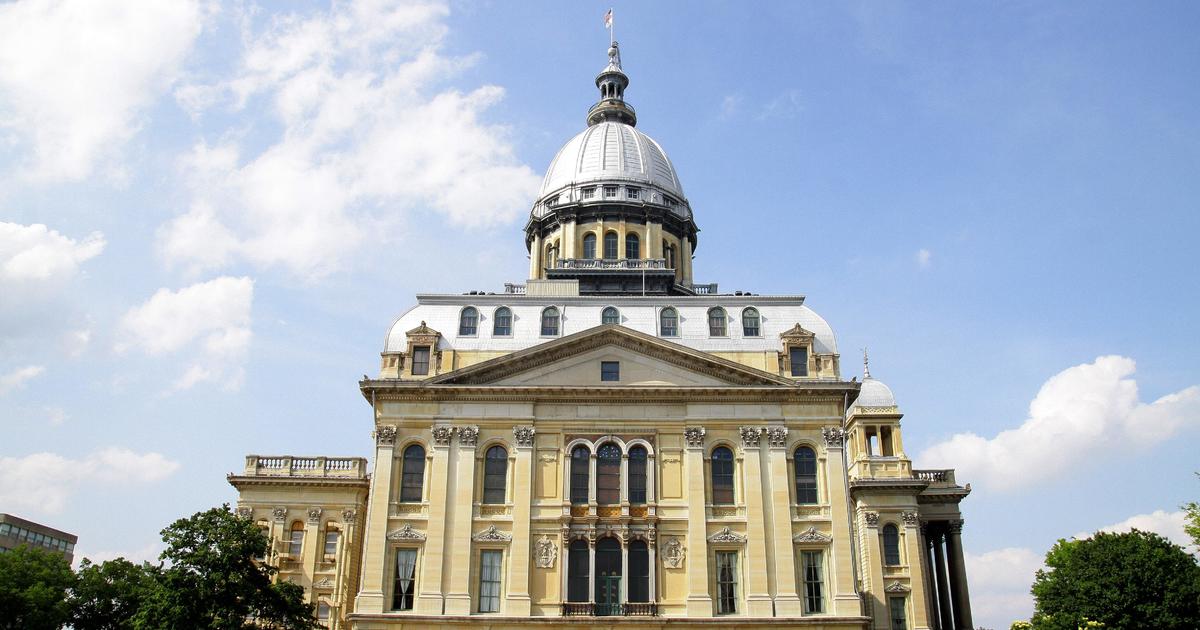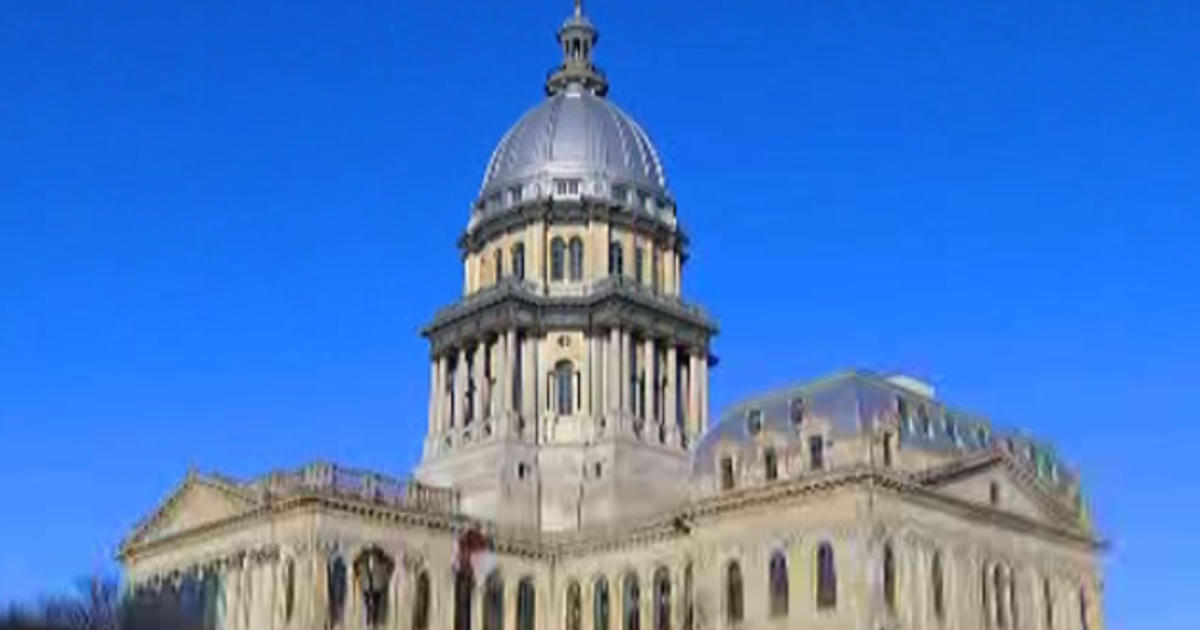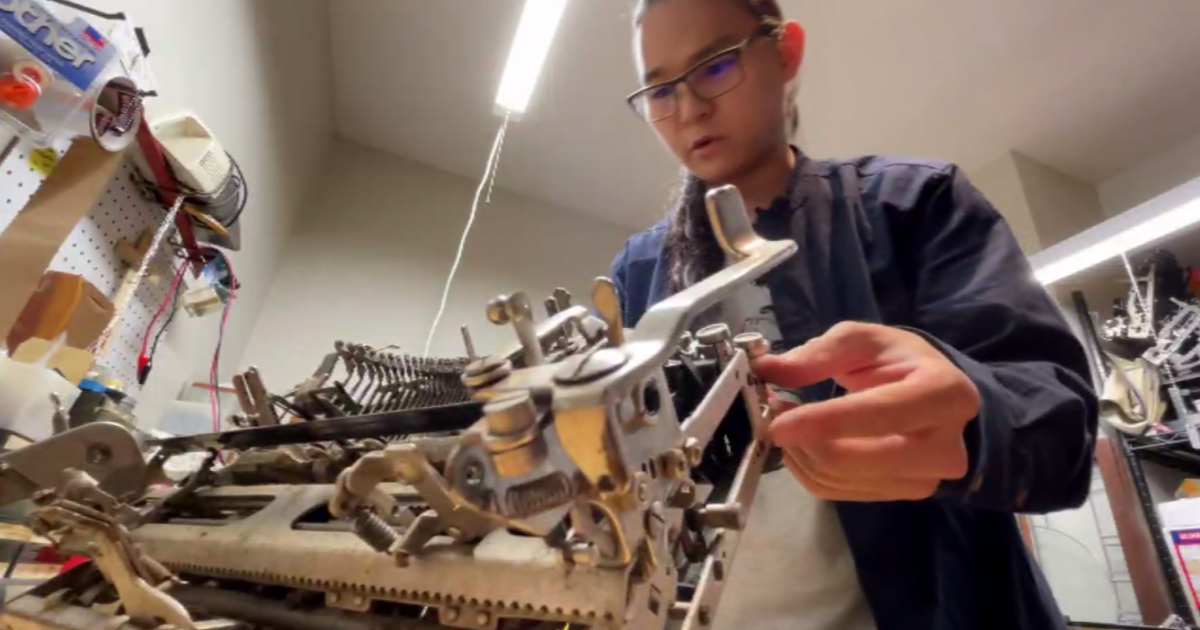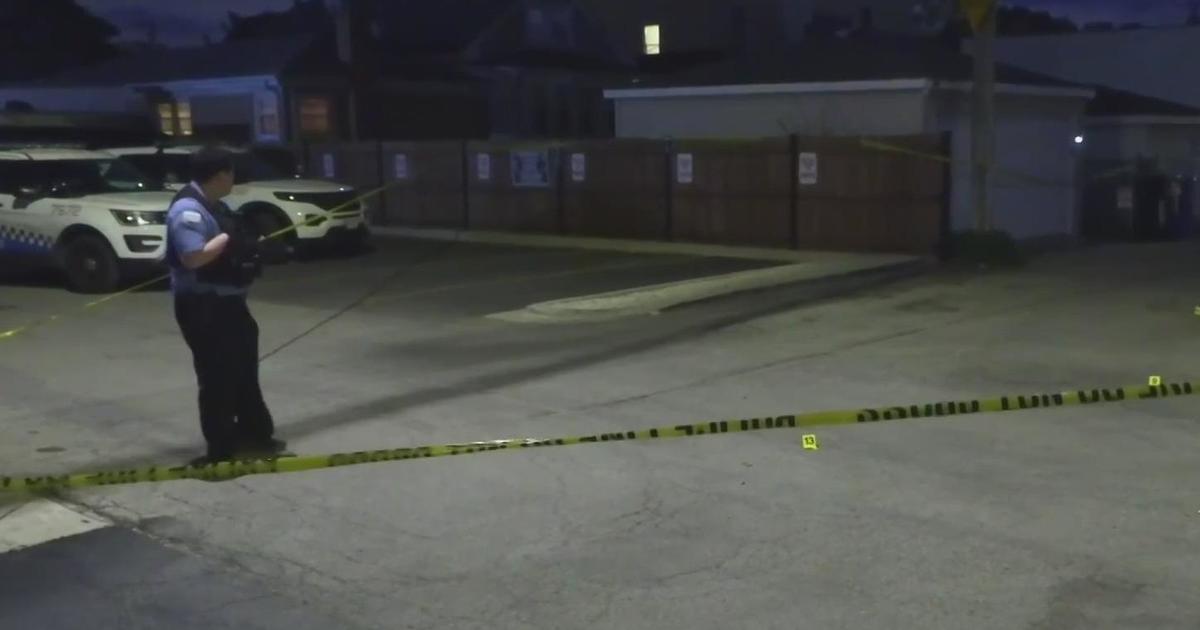Illinois Eyeing Sites For Potential Patient Overflow At Hospitals For Coronavirus
At a news conference Thursday, Pritzker said he is pushing to avoid a crisis like ones abroad to ensure Illinois does not "end up in the same situation that Italy is in."
Italy, now under national lockdown, passed China in coronavirus deaths on Thursday with a toll surpassing 3,400, CBS News reported. Hospitals are severely overwhelmed with patients, and the country is struggling to treat the thousands of people who test positive for the virus every day.
A shortage of hospital beds and space could lead to similar serious resource concerns in the United States if hospitals reach capacity and fail to have back-up plans in place.
Pritzker said options being explored for additional hospital and bed space include repurposing existing centers, reopening previously closed hospitals and building new field hospitals. It's unclear at this time how health care personnel would be deployed to those additional locations.
This comes after Pritzker announced there is now a total of four deaths and 422 total cases in Illinois connected to virus. Dr. Ngozi Ezike, director of the Illinois Department of Health, said she anticipates additional deaths. The number of confirmed cases will continue to increase as the state is expected to increase the tests administered to more than 2,000 each day.
Pritzker said hospital beds across the state are being inventoried to project how many are currently available. As of Thursday, the state estimated the following resources are available in Illinois:
- Empty adult ICU beds: 824
- Empty isolation beds: 629
- Empty medical/surgical beds: 4,154
- Available ventilators: 1,429
The Illinois Hospital Association said it is working with Pritzker's office and the Illinois Department of Public Health to firm up plans for a potential overflow. Association Vice President Danny Chun said the organization recommended former Westlake Hospital in Melrose Park and former MetroSouth Medical Center in Blue Island as potential sites that can be quickly retrofitted. But a decision has not yet been made.
In a previous report, CBS 2 Investigators cited estimates from the Harvard Global Health Institute that revealed Chicago hospitals are most likely not prepared for an influx of coronavirus patients.
The team of researchers estimated, if 20 percent of the population was infected, 17,529 people would need an ICU bed during the course of the pandemic. Chicago has a total of 912 ICU beds on average, the model estimated. Based on the state estimates released Thursday, the number is far less than that.
"Hospitals and hospital leaders need to begin finding creative ways to expand capacity," said Ben Jacobson, HGHI research assistant.
Recent confirmed cases in Illinois demonstrate that need, including an outbreak at a Willowbrook nursing home where 18 residents and four staff members contracted the virus.
In the case of an overflow, Rush University Medical Center plans to utilize the hospital tower with 40 negative pressure rooms to contain infectious particles. In addition, its emergency room is divided into three 20-bed units that can be isolated. In two hours, a wing of the hospital can also be converted into a negative pressure ward to treat more patients and nearly double isolation room capacity from 40 to 72.
In a statement, the Shirley Ryan AbilityLab said it is focused on helping to free up capacity for acute care hospitals by accepting patients with rehabilitation needs who require hospitalization, but do not require intensive or critical care.
"As the situation evolves, we are prepared to diversify our patient population, accepting patients regardless of their need for rehabilitation," the statement said. "Taking such action will enable local hospitals to gain bandwidth to care for those with critical conditions, such as serious cases of COVID-19."
Northwestern Memorial Hospital confirmed it is working on plans to make additional space for a potential overflow but did not provide specifics.
CBS 2 found cities and states across the country are building their own contingency plans for a potential influx of patients:
- King County in Seattle recently purchased a former EconoLodge with 85 rooms to house coronavirus patients. The county has a total of 562 confirmed cases and 56 deaths, according to their web site.
- Providence Medical centers in Oregon began conducting exercises to test readiness for potential overflow, which involved swiftly setting up tents outside the facilities if emergency rooms are filled. The tents would be used to triage and stage patients.
- Florida deployed field hospitals to Broward and two other cities.
- Colleges in Massachusetts offered dorms for hospital overflow, PBS reported.
- Chicot State Park in Louisiana will serve as an overflow site for area coronavirus patients.
- Cedars-Sinai installed overflow tents outside Beverly Hills and Marina Del Rey hospitals so medical staff can assess more patients.
According to a recent analysis by the Johns Hopkins Center for Health Security, there are 46,500 ICU medical beds across the country, and nearly just as many other ICU beds that can be used in a crisis.
However, the analysis said, even spread out over several months, "the mismatch between demand and resources is clear."
In part, the analysis said hospitals should have plans in place to convert space quickly by doing the following:
- Be able to make 30% of licensed bed capacity available for COVID-19 patients on one-week's notice.
- Mobilize 10% to 20% percent of a hospital's bed capacity within a few hours be expediting discharges, using discharge holding areas, converting single rooms to double rooms, and opening closed areas if staffing is available.
- Convert flat spaces, such as lobbies, waiting areas and classrooms, to obtain another 10% of space within a few days.
The Illinois Hospital Association said hospitals will need to repurpose existing rooms, including patient rooms and units no longer being used due to cancellations in the wake of the outbreak. In Illinois, this includes the cancellation of elective surgeries and other medical care, which makes additional beds available. Many hospitals can also open rooms in unused wings.



